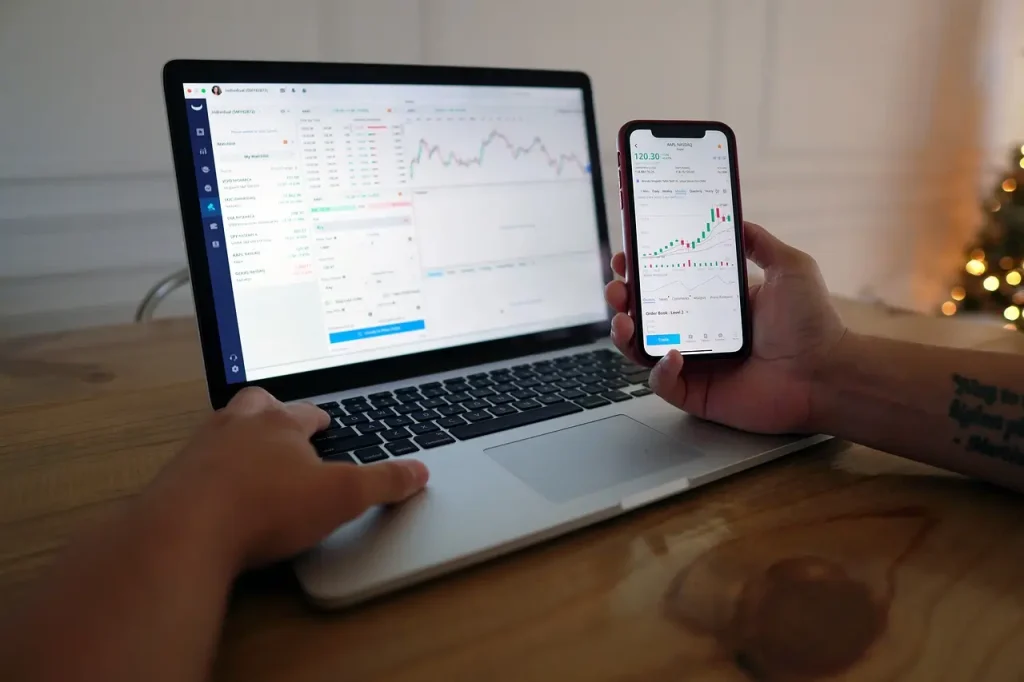Forex trading, also known as foreign exchange trading, is the process of buying and selling currencies in a global marketplace. It’s the largest and most liquid financial market in the world, offering opportunities for traders of all levels. Whether you’re new to Forex or looking to deepen your understanding, this guide will walk you through everything you need to know to get started confidently.
What Is Forex Trading?
Forex trading, short for foreign exchange trading, is the global process of buying and selling currencies to profit from price fluctuations or manage financial risks. It is the world’s largest and most liquid financial market, with over $7 trillion in daily trading volume. This market operates 24 hours a day across different time zones, allowing traders from all over the world to participate.
But forex isn’t just for traders—corporations hedge currency risks, governments manage reserves, and central banks influence exchange rates. Whether you’re a beginner looking to understand market movements or an investor seeking profit opportunities, forex trading is a vast and dynamic field.
At its core, forex trading involves the exchange of one currency for another in currency pairs. For example, in the EUR/USD pair:
Traders speculate whether a currency will strengthen or weaken against another. If they expect the base currency to rise, they buy; if they expect it to fall, they sell. This speculation is influenced by economic data, interest rates, political stability, and market sentiment.
Unlike stock markets, forex trading is decentralized—it occurs over-the-counter (OTC) via a network of banks, brokers, and financial institutions. Thanks to modern platforms like cTrader, individual traders can access real-time charts, news, and execution tools to trade with precision.
Forex is not just a playground for individual traders; it is shaped by powerful global participants:
With brokers like VantoFX, retail traders gain access to institutional-level trading conditions, competitive spreads, and professional tools.
One of the biggest advantages of forex is its 24-hour availability, thanks to four major trading sessions:
Best trading times? The London-New York overlap (12 PM – 4 PM GMT) often provides the best liquidity and volatility for opportunities.
Currencies are always traded in pairs, classified as follows:
Fact: Around 88% of forex transactions involve the US dollar due to its role as the world’s reserve currency.
Forex trading success hinges on understanding three key concepts:
While leverage can amplify profits, it also increases risk, making risk management essential.
A broker acts as your gateway to the forex market. When choosing one, consider:
VantoFX offers a powerful trading environment, combining competitive pricing, fast execution, and an intuitive interface for all traders.
Currency prices fluctuate based on multiple factors:
Following an economic calendar helps traders anticipate market movements and make informed decisions.
The biggest enemy in trading? Emotions. Greed, fear, and overconfidence lead to poor decisions. To manage risk:
While forex and crypto share similarities, they differ in key ways:
| Feature | Forex Trading | Cryptocurrency Trading |
|---|---|---|
| Market Size | $7T+ Daily Volume | $50B+ Daily Volume |
| Volatility | Moderate | Extremely High |
| Trading Hours | 24/5 | 24/7 |
| Stability | Highly Regulated | Decentralized & Unregulated |
Both markets offer opportunities, but forex provides greater stability and institutional backing.
Forex offers liquidity, flexibility, and profit potential unmatched by other financial markets. Whether you’re a beginner or an experienced trader, learning the right strategies and managing risks can lead to consistent success.
With brokers like VantoFX, you can trade on cutting-edge platforms like cTrader, access educational resources, and develop profitable trading strategies in the world’s most dynamic financial market.
Join thousands of traders who trust VantoFX as their top trading provider. Experience the difference – trade with the best.
Don’t know which account will be best for you? Contact us.

Trading over-the-counter derivatives involves leverage and carries significant risk to your capital. These instruments are not appropriate for all investors and could result in losses exceeding your original investment. You do not possess ownership or rights to the underlying assets. Always ensure you are trading with funds you can afford to lose.